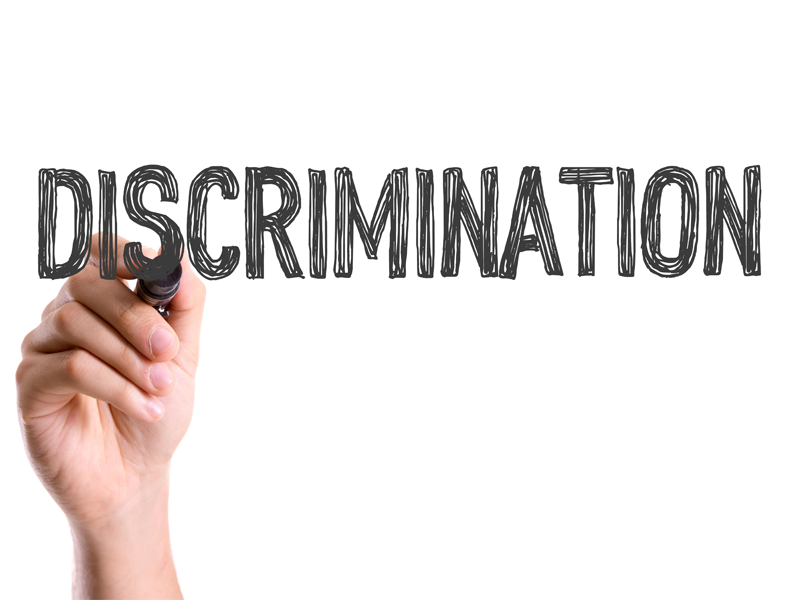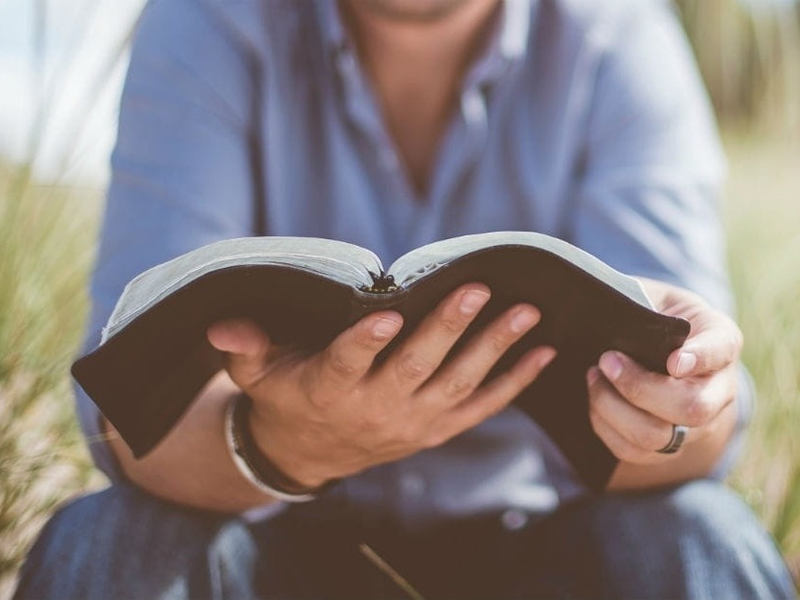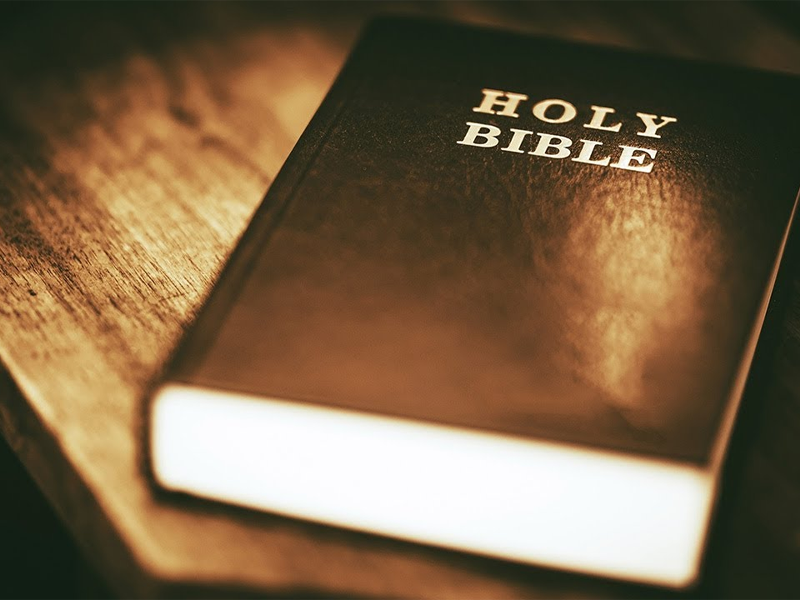Faith has long been a source of strength, survival, and solidarity in the black community. From spirituals sung in slavery to churches that became epicenters of civil rights movements, the black faith experience is deeply woven into the fabric of resistance and hope. Yet, even within spaces of worship, being black can mean carrying a dual burden—the external struggle against systemic racism and the internal struggle against exclusion within faith communities. The intersection of race and faith, while powerful, is also complex and often marked by double discrimination.
Faith in the Face of Racism
To be black in a world shaped by white supremacy means encountering discrimination in everyday life: in schools, at work, in neighborhoods, and even in healthcare. These injustices are not only structural; they’re also spiritual. They attack dignity, sow fear, and cause psychological harm that lingers across generations. For many black individuals, faith becomes the anchor—the place where God becomes the healer, the liberator, the justifier.
But this faith is not born out of ease. It is forged in fire. It is sustained not just by belief but by the ability to believe in a higher power even when the world repeatedly denies your worth. Believing in a God of justice while living in a society that often denies you justice takes profound spiritual resilience.
Discrimination Within the Sanctuary
The heartbreak comes when this discrimination follows people into the church—when faith spaces, meant to offer refuge, mirror the same exclusion they face in the world. Historically, black believers have often found themselves marginalized within predominantly white denominations. From being denied leadership roles to facing theological teachings that subtly imply inferiority, the message is clear: you’re welcome to worship, but not always to lead, to question, or to fully belong.
Even within black faith communities, layers of discrimination can still persist. Classism, colorism, gender bias, and issues surrounding sexual identity may shape who feels seen and who remains invisible. For a black person navigating multiple identities—such as being LGBTQ+, a woman, or disabled—these spaces can become complicated terrains of both comfort and contradiction.
The Power of Spiritual Identity
Despite these challenges, the relationship between black identity and faith is incredibly powerful. Spirituality has not only offered personal healing but collective empowerment. It has taught black people to see themselves as divine, chosen, and loved when the world says otherwise. It has provided a counter-narrative to shame—a narrative that declares, “You are more than how you are treated.”
Spiritual identity gives a language for resilience, a framework for justice, and a community of belonging that transcends borders. It affirms that faith isn’t about conforming to narrow standards—it’s about walking with a God who knows what it means to be oppressed, rejected, and crucified by power.
A Journey of Reconciling
Being black and faithful is a journey of reconciling pain and hope, anger and grace. It means calling out the hypocrisies within religious institutions while still holding onto the sacredness of one’s connection to the divine. It means finding spiritual leaders who not only understand the theology of love but live it in ways that challenge racist systems and affirm black lives without condition.
This journey often includes the difficult work of unlearning harmful religious messages—those that associate whiteness with holiness or preach forgiveness without justice. It also involves reclaiming traditions that honor ancestry, storytelling, and community—all of which are deeply embedded in the black faith experience.
Some find this healing through black-led churches, others in interfaith circles, and some outside of organized religion altogether. What matters is not the structure but the spirit—the ability to nurture a faith that affirms one’s full humanity without apology.
Toward Liberation
True faith should liberate, not confine. It should call people into accountability, not silence them with shame. For black believers, the journey of faith is not just spiritual—it is political, emotional, and cultural. It’s about reclaiming agency in a world that tries to take it away. It’s about lifting up those who’ve been kept at the margins. And it’s about believing that God is still in the business of justice—not just in heaven, but here on Earth.
To be black and faithful is to live in tension and truth. It is to bear witness to injustice and still sing. It is to demand dignity in systems that deny it. And it is to carry the deep belief that love—real, radical, liberating love—is stronger than any oppression.
This journey is not easy, but it is sacred. It is the path walked by countless ancestors, and it is the path being shaped by a new generation who refuse to separate their faith from their fight for freedom. In their witness, we find hope. In their courage, we find direction. And in their faith, we see the unwavering image of a God who never forsakes the oppressed.



